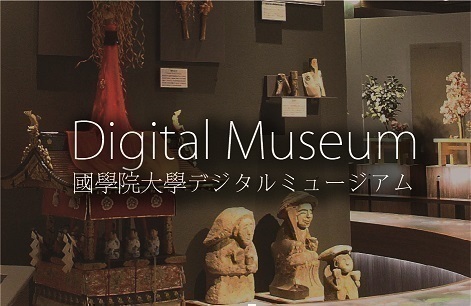- トップ
- Encyclopedia of Shinto
- Hafuribe
Encyclopedia of Shinto
| Main Menu: | |
| Links: |
詳細表示 (Complete Article)
| カテゴリー1: | 3. Institutions and Administrative Practices |
|---|---|
| カテゴリー2: | Officiants |
| Title | Hafuribe |
| Text | A type of priestly rank established under the ancient Ritsuryō system. The "hafuri" in hafuribe derives from a quote found in Jōgen's commentary on the Book of Rites (Raiki) reading "one associated with the kami." The "be" is said to have been attached to indicate a customary occupation of lower-ranking officials that existed from before the establishment of the Ritsuryō system. Their main occupation at various shrines was to be directly involved in ritual. Under the Ritsuryō system, hafuribe traveled to the capital to receive the imperial tribute (heihaku) for the kinensai (Spring Festival) held at the Jingikan (Department of Divinities) on the fourth day of the second month. If there were kanbe at a shrine, the provincial governor appointed the hafuribe from among them, and elsewhere they were appointed from among the ordinary populace. The jingihaku (head of the Jingikan) kept the register of their names. Therefore, even though they were appointed from among the general populace, they were viewed as low-ranking officials affiliated with the Jingikan. Thus it is probably appropriate to view the hafuribe not as having been appointed at all shrines under the Ritsuryō system, but rather only at those shrines recognized as having some sort of official status. Hafuri were a similar kind of priest. However, the relation between the two is unclear. Although there are differences of usage between the two terms, some regard them as equivalent, and historical records use the two synonymously in some cases. On the other hand, however, there is the view that hafuri did not necessarily always undergo the official selection process, serving at private shrines and thus differing from officially appointed hafuribe. There is also the view that from among the hafuri, people who were officially appointed became the hafuribe. Hafuribe may also be found as an ancient surname and as a place name. The term hafuribe is used nowadays at the sub-shrines (sessha, massha) of the Grand Shrines of Ise as a name for employees engaged as guards and custodians, but this is a departure from ancient usage in terms of their duties and character. See hafuri Translator's Note: Jōgen (alternatively, Teigen) is the Japanese pronunciation of Zhèng Xuán, a scholar of the late Eastern Han dynasty. — Namiki Kazuko |




